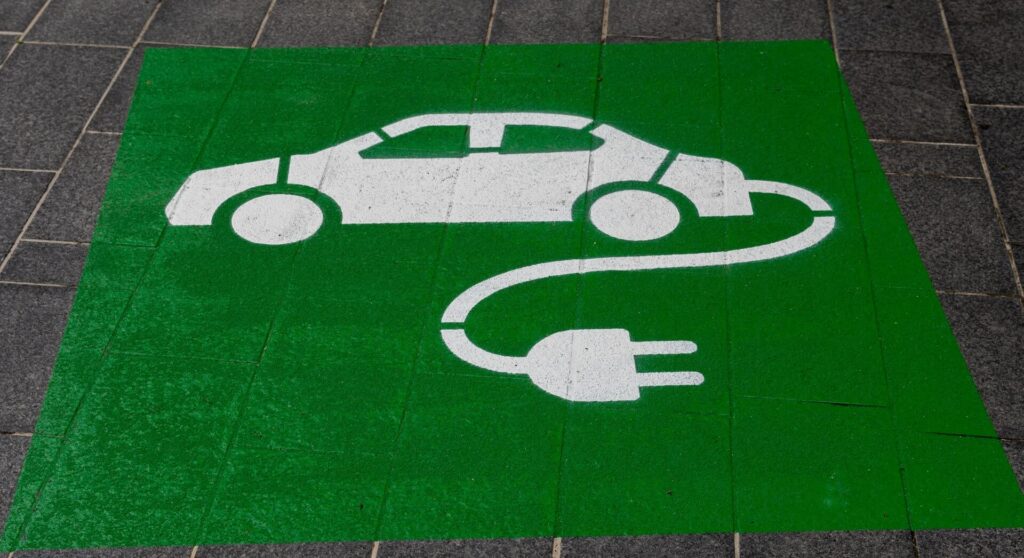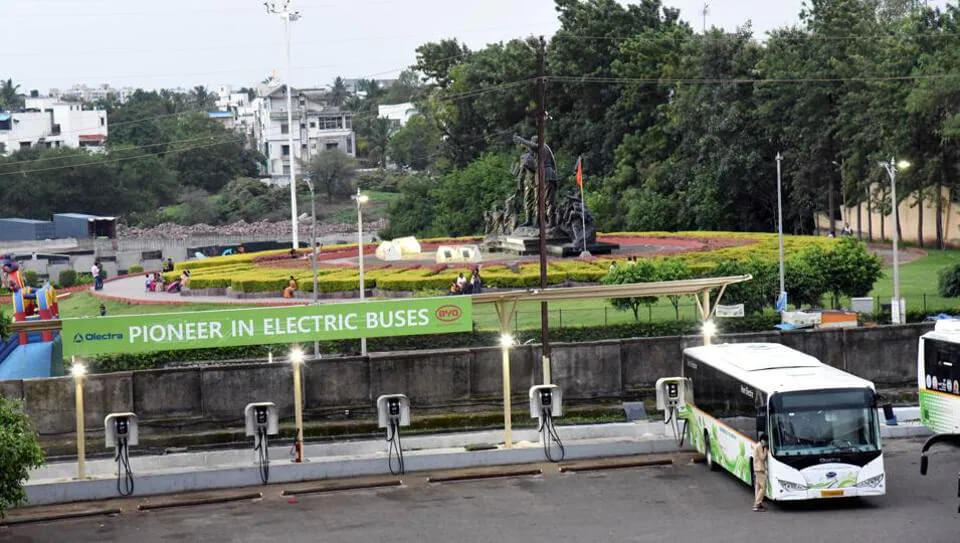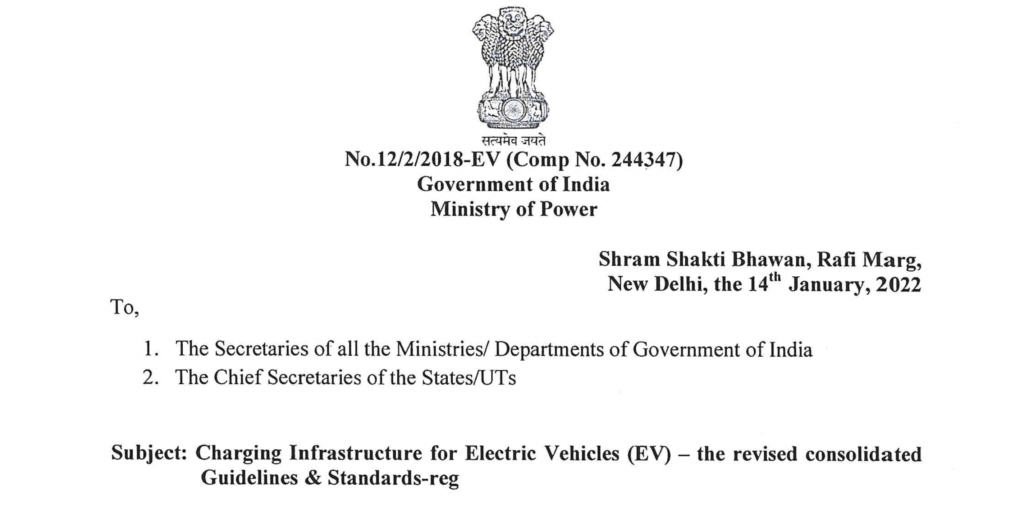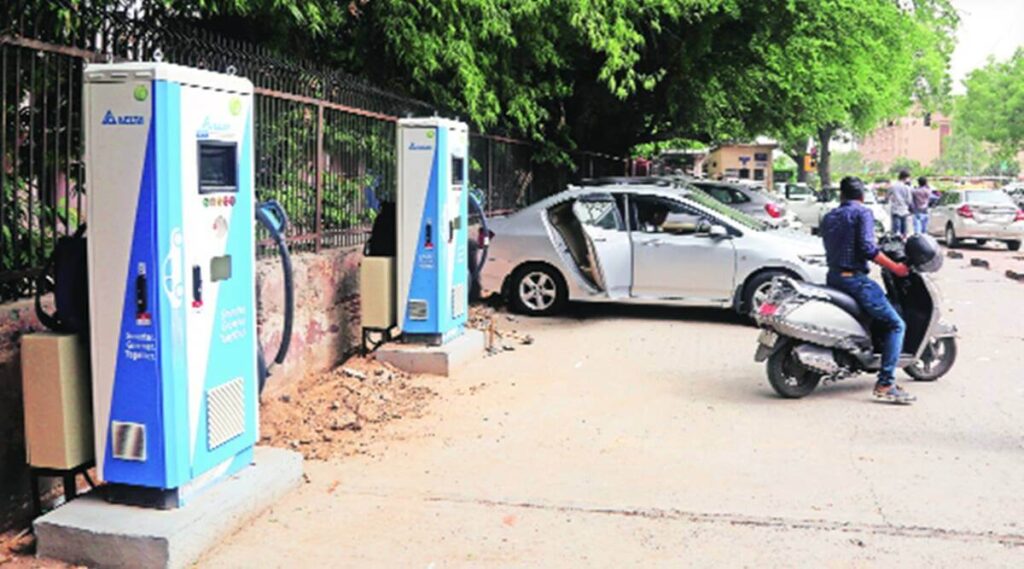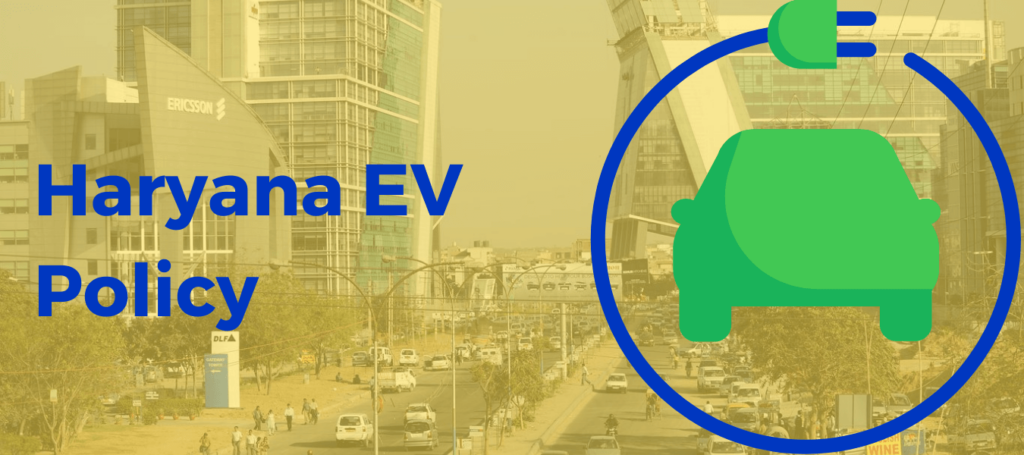
On 27th June 2022, the State Government of Haryana approved Haryana EV Policy 2022 to promote clean transportation and ensure environmental sustainability by reduction of pollution. The EV policy also aims to create an ecosystem for manufacturing of Electric Vehicle (EV) components in Haryana and generate employment in the State.
Buses have been given the first preference for conversion to e-vehicle regime, due to its large impact on the on road vehicle pollution, potential to reduce pollution and promote shared mobility.
Electric vehicles are gaining popularity across the globe. Due to fast depletion of fossil fuels, the automotive industry is also shifting from traditional fuel based technology to eco-friendly technologies. Govt of India has launched The Faster Adoption and Manufacturing of (Hybrid &) Electric Vehicles in India (FAME Scheme) in 2015, under National Electric Mobility Mission Plan (NEMMP) with an aim to promote eco-friendly vehicles in the country.
With time many Indian states including Delhi, Maharashtra, Telangana, Karnataka & Rajasthan have released their own Electric Vehicle Policy providing incentives & tax rebates for purchase of electric vehicles.
Haryana EV Policy 2022: Highlights
1. Objectives of Haryana EV Policy 2022:
- To make Haryana a global hub for electric mobility development and manufacturing of Electric Vehicles (EVs).
- To attract manufacturers to set up their electric vehicles manufacturing unit in the state.
- To generate employment opportunities in the state.
- To create an eco friendly environment by promoting Electric Vehicles (EVs) through exemption in taxes/permit fee etc and setting up of charging infrastructure.
- To Provide subsidies and incentives to the industries manufacturing electric vehicle and promoting electric mobility in the state.
2. Targets & Provisions of Haryana EV Policy 2022 for Government & Businesses:
- Target to convert 100% of bus fleet owned by State Transport Undertakings in the state into electric buses (Battery Electric Vehicles or Fuel Cell Electric Vehicles) by 2029, with the first phase of 100% conversion of bus fleet in Gurugram and Faridabad by 2024.
- Phase out all fossil fuel based commercial fleets and logistics vehicles in Gurugram and Faridabad by 2024 and all cities by 2030.
- All forms of Government vehicles, including vehicles under Government Corporations, Boards and Government Ambulances etc. will be converted to electric vehicles by 2024.
- Public Sector units will be encouraged in setting up Charging infrastructure in the State. State will facilitate availability of land to such Public Sector Undertakings (PSUs) at concessional rates in designated areas.
- Charging infrastructure in public buildings, public places shall be developed, and assured provisions to set up charging outlets, regular electric supply, etc.
- Government will facilitate electricity supply to charging stations at commercially viable rates.
- The Government of Haryana will allocate 100 to 200 acres of land for developing Electric Vehicle (EV) Parks with plug and play internal infrastructure, common facilities and necessary external infrastructure.
- All petrol pumps will be mandated to have charging stations & battery banks.
- Direct Current (DC) Chargers (100 Volt and above): Capital Subsidy of 25% of the value of the charging station equipment/ machinery for first 100 charging stations/battery banks will be provided upto a maximum subsidy of INR 10,00,000.
- Capital subsidy of 25% of Fixed Capital Investment (for eligible assets excluding cost of battery inventory) up to a maximum subsidy of 10 lakhs for swapping stations/ battery banks for the first 50 stations will be provided.
- EV makers will get half of their state goods and services tax (SGST) reimbursed by the government for the next 10 years.
3. Financial Incentives for Private Purchase & Use of Electric Vehicles:
- 100 percent rebate in motor vehicle tax would be given on the purchase of electric two- and three-wheelers.
- Reimbursement of the Net State Goods and Service Tax (SGST) for services rendered, accrued to the state, for firms involved in services such as leasing of fleet of Electric Vehicles, owning or operating Electric Vehicle (EV) fleets and providing charging/ battery swapping/ Hydrogen stations for recharging/ refueling Electric Vehicles, until 2024.
- Residents in Haryana will now avail of a discount of up to 15 percent. If the EV you’re buying is priced between Rs 15 lakh and Rs 40 lakh, a 15-percent discount will be extended to EV buyer, a maximum of Rs 6 lakh.
- While the Central government’s and other state government EV policies include only all-electric vehicles, Haryana’s policy also covers hybrids. A 15 percent discount will be applicable at a maximum of Rs 3 lakh on hybrid cars priced under Rs 40 lakh.
